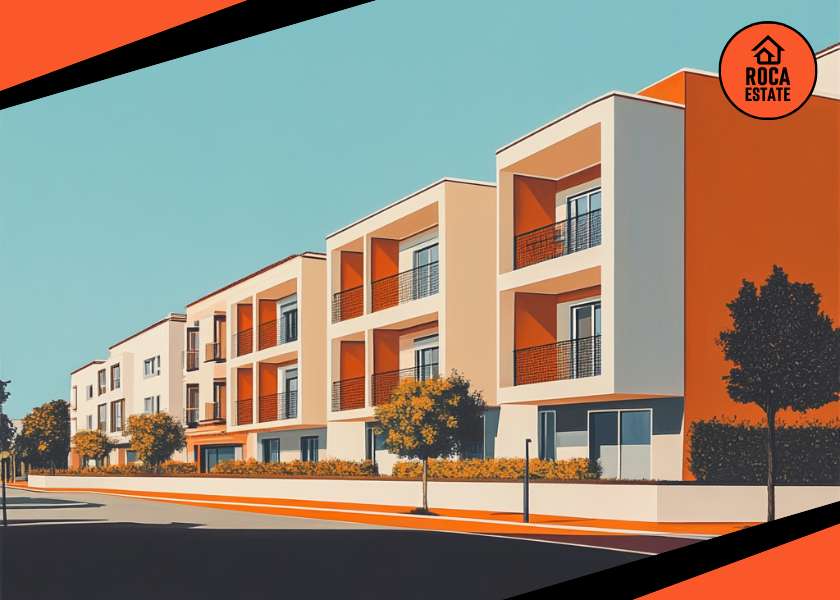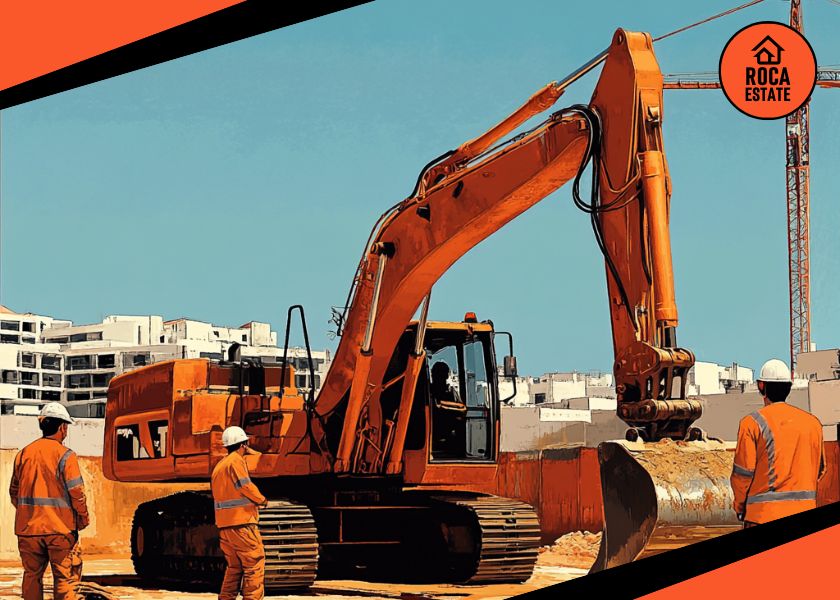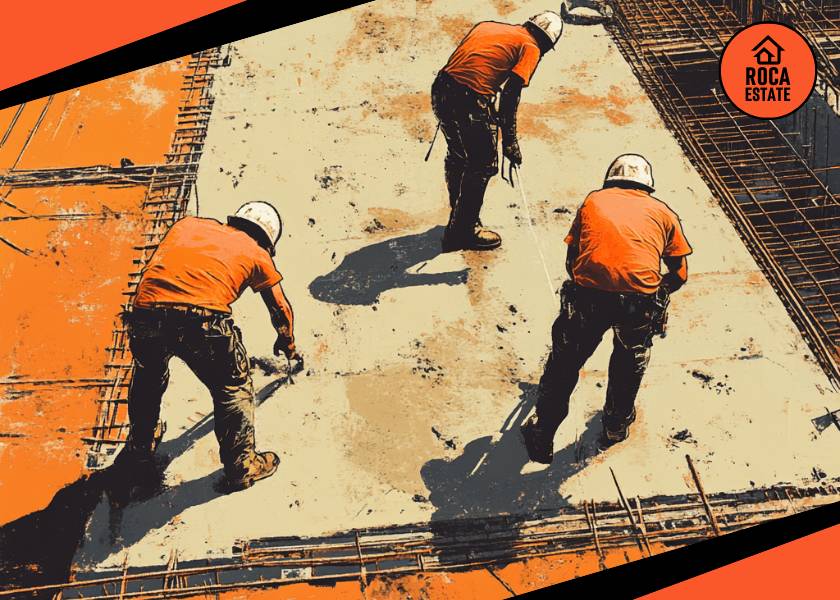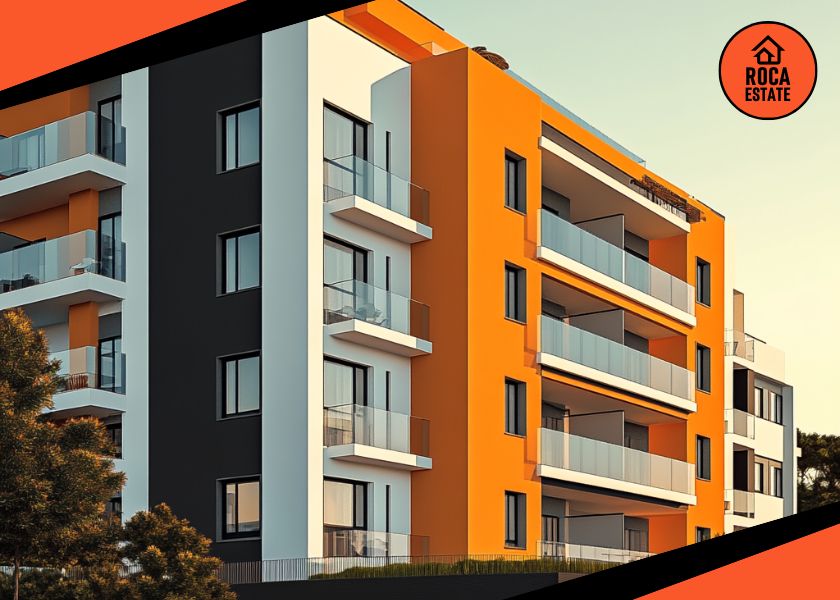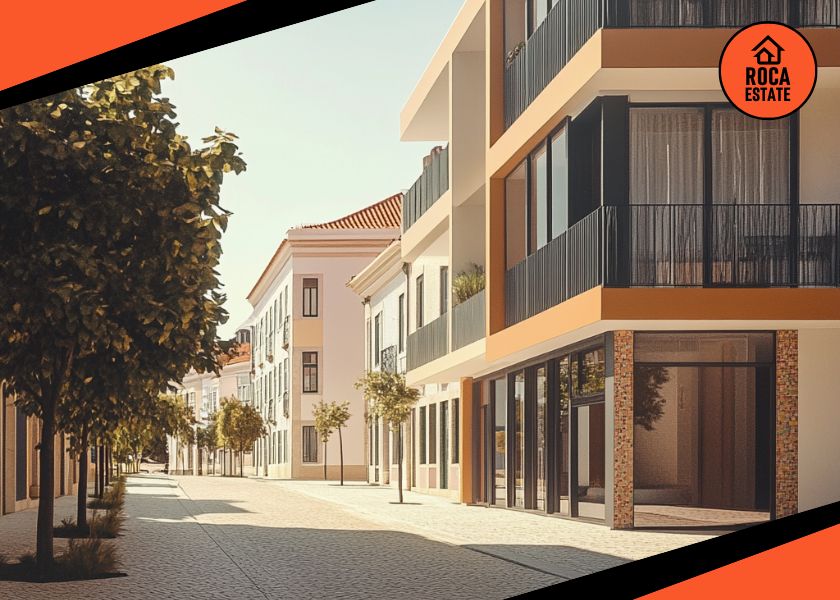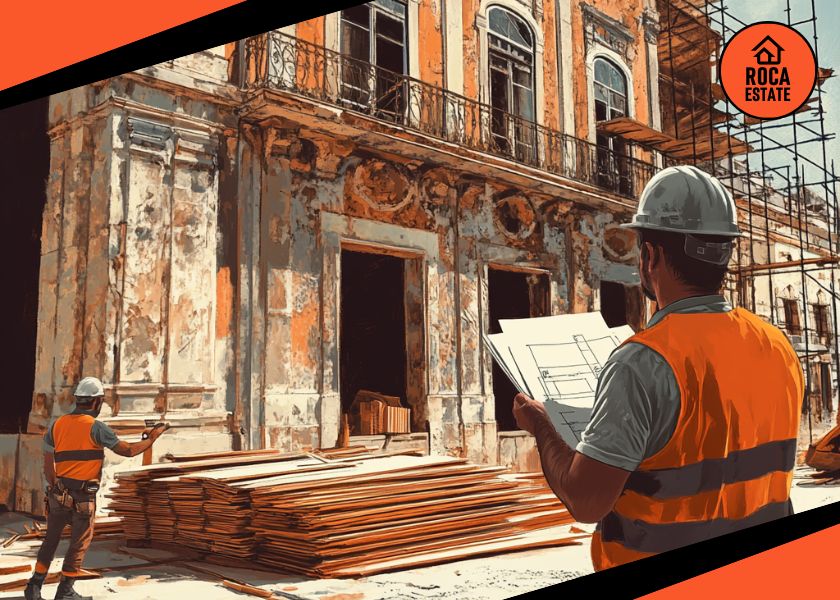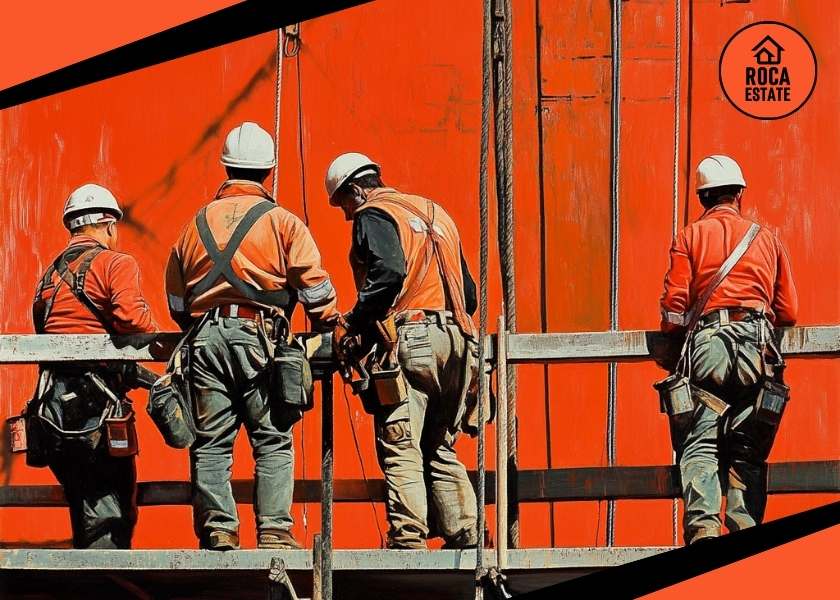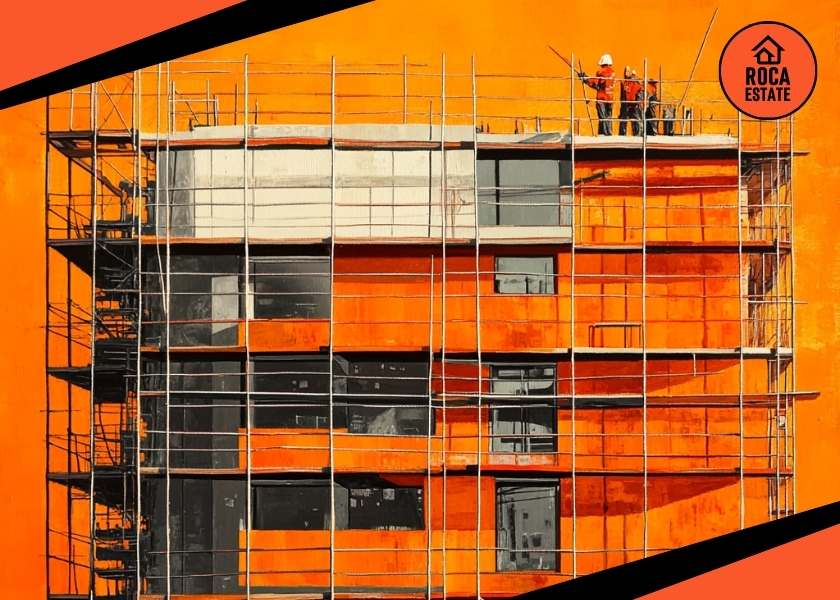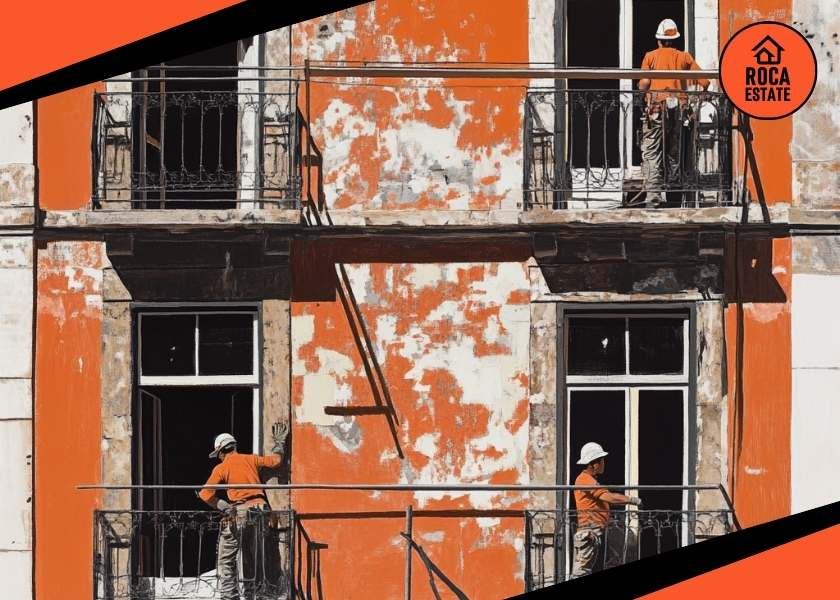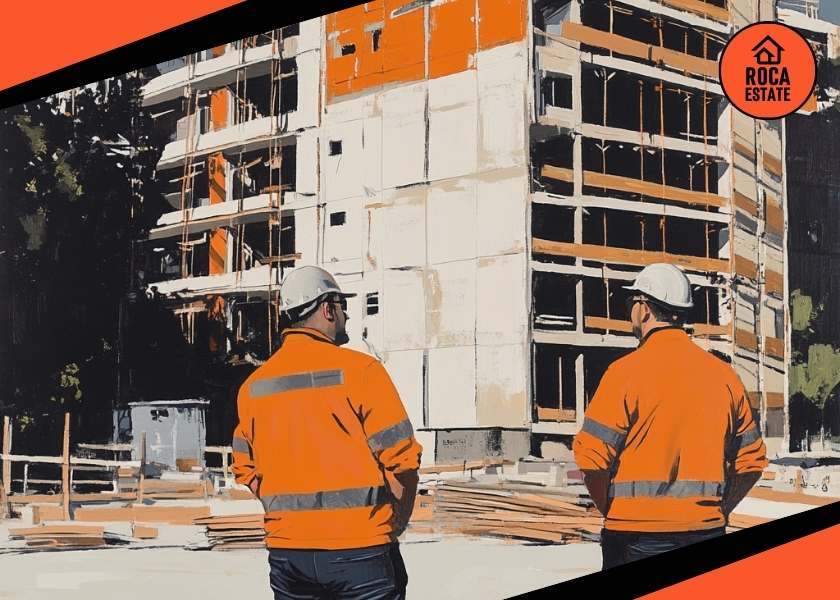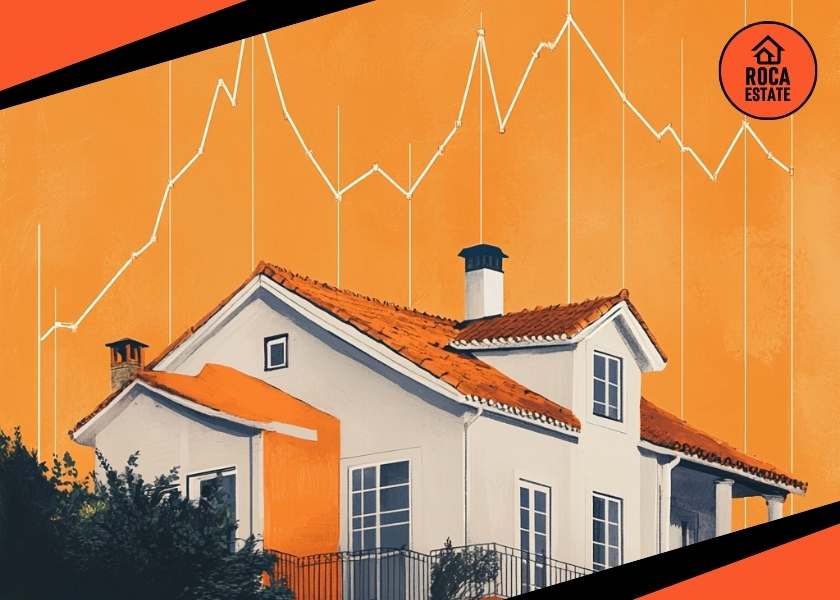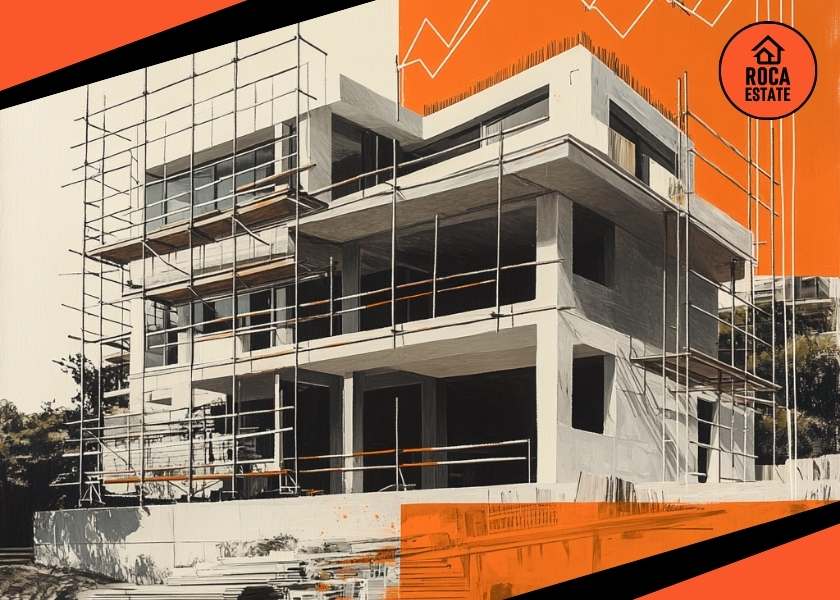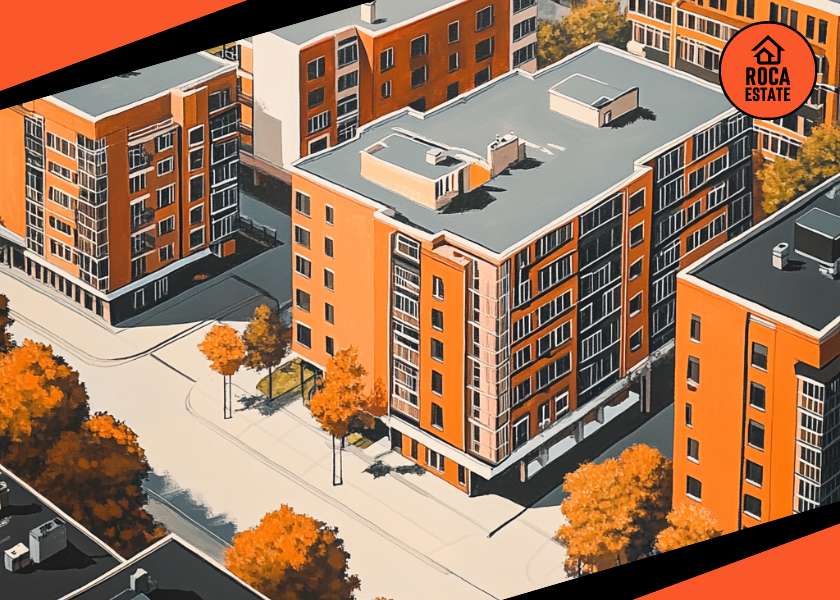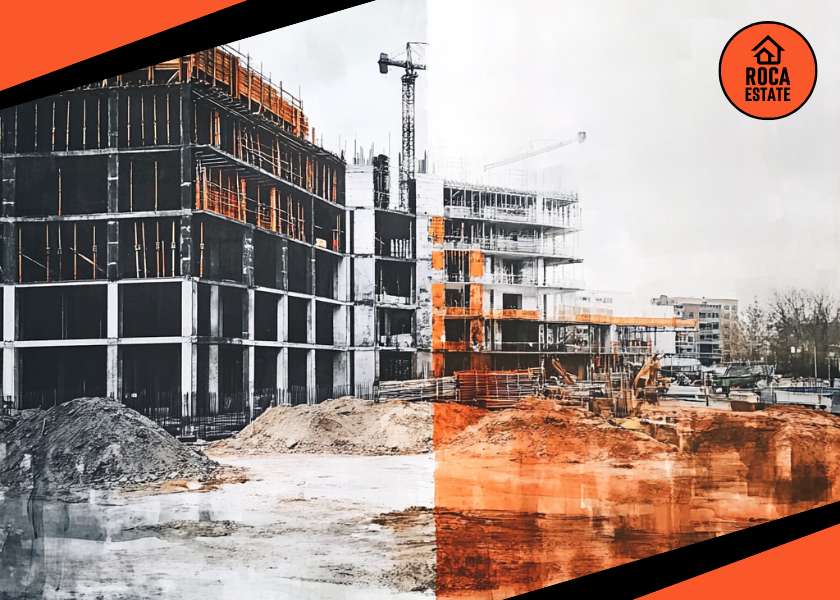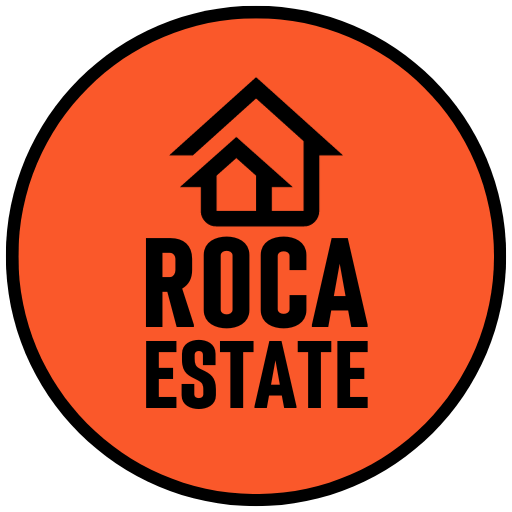Buying a property in Portugal can be an exciting journey, but it can also be overwhelming. The process of purchasing a property in Portugal is different from buying in some other countries, and you may have questions about whether or not you need a lawyer to assist with the purchase.
In this blog post, we’ll provide an overview of the steps involved in buying a property in Portugal and when you should consider hiring a lawyer to help. We’ll also discuss what type of legal services a Portuguese lawyer can provide, as well as the costs associated with their services. Read on for details!
What are the Portuguese property laws?
Portugal has very favorable conditions for foreigners who wish to buy property. There are no restrictions on foreigners buying property in Portugal. In addition, Portugal has a stable legal system with well-defined rules and regulations governing property transactions. As a result, it is relatively easy to purchase property in Portugal without the need for a lawyer.
However, there are some specific laws and regulations that you should be aware of before purchasing property in Portugal. For example, all real estate transactions must be registered with the Portuguese Land Registry (Conservatória do Registo Predial). In addition, the Portuguese government imposes a transfer tax of 6.5% on all property purchases.
It is also important to note that all contracts for the purchase of property in Portugal must be in writing and signed by both parties.
Once the contract is signed, it is legally binding and cannot be canceled by either party. Therefore, it is essential that you understand all the terms and conditions of the contract before signing it.o.

Do you need a lawyer to buy a property in Portugal?
If you are planning to buy a property in Portugal, you may be wondering if you need a lawyer. The answer depends on a few factors, including the type of property you are buying and your level of comfort with the Portuguese language.
If you are buying a property in Portugal that is already built, such as an apartment or house, you will likely need a lawyer to help with the purchase. This is because there is often a lot of paperwork involved in buying an existing property, including contracts, title searches, and mortgage documents. Even if you are comfortable reading and speaking Portuguese, it is always best to have someone who is familiar with the legal process help with this type of purchase.
If you are buying raw land or an unfinished property in Portugal, you may not need a lawyer. This is because there is usually less paperwork involved in these types of purchases. However, if you are not comfortable dealing with the Portuguese bureaucracy or language, it may be best to hire a lawyer to help with the purchase.
What are the benefits of having a lawyer when buying a property in Portugal?
If you are buying a property in Portugal, it is strongly recommended that you have a lawyer represent you in the transaction. There are several benefits to having a lawyer when buying property in Portugal, including:
- A lawyer can help to ensure that the contract of sale is fair and accurately reflects your wishes.
- A lawyer can help to negotiate with the seller on your behalf if there are any issues with the property or the sale itself.
- A lawyer can provide valuable guidance and advice throughout the entire process, from start to finish.
- A lawyer can represent you in court, if necessary, should any legal disputes arise after the purchase has been made.
- Finally, a lawyer can protect your interests and investment by ensuring that all of the necessary paperwork is properly filed and completed prior to finalizing the purchase.
How can you find a good lawyer in Portugal?
If you’re looking for a good lawyer in Portugal, one of the best places to start is by asking friends and family for recommendations. If you don’t know anyone who has used a lawyer in Portugal, you can also check online directories or forums for feedback from other expats. Once you’ve compiled a list of potential lawyers, be sure to schedule a consultation with each one so that you can get a feel for their personality and expertise.
When meeting with a lawyer, be sure to ask about their experience with property law in Portugal specifically. You should also inquire about their fee structure and whether they offer any discounts for expatriates. With some research and due diligence, you should be able to find a great lawyer to help you with your property purchase in Portugal.

Conclusion
Purchasing a property in Portugal is a complex process which involves many legal considerations. Even though it is possible to complete the purchase without hiring a lawyer, there are certain circumstances that make it advisable to hire one. A lawyer can provide important advice and assistance throughout the entire purchasing process, helping you to understand all that is involved and ensuring that all legal requirements are met for your protection. Therefore, if buying a property in Portugal, seeking out competent legal advice may be essential for success.






